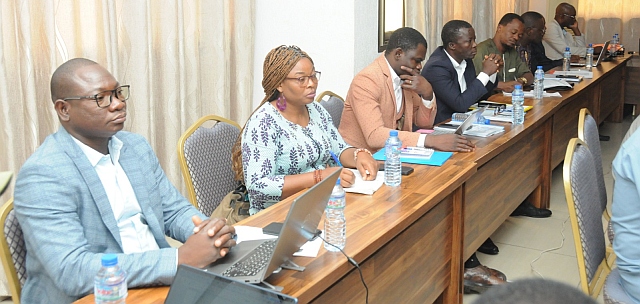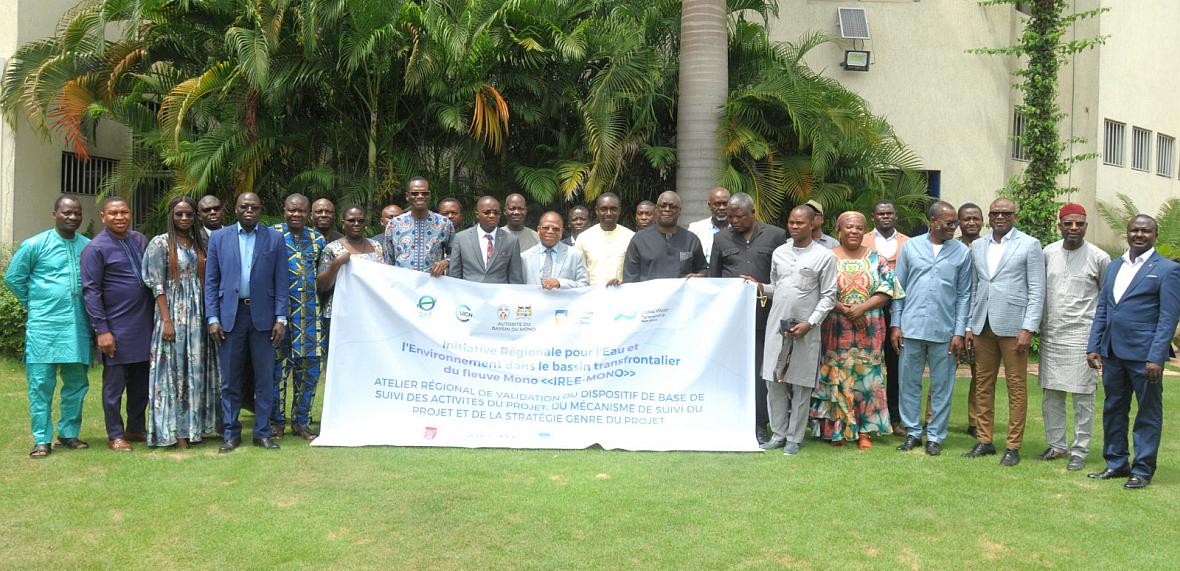The project is implemented by IUCN and executed by the Mono Basin Authority (MBA), the Sahara and Sahel Observatory (OSS), and the Global Water Partnership West Africa (GWP-WA). It aims to strengthen cooperation between Benin and Togo for the sustainable management of water resources in the Mono River Basin.
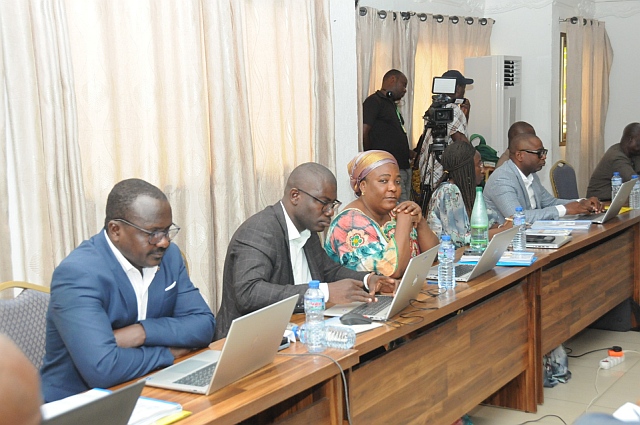 The workshop focused on validating three key strategic documents:
The workshop focused on validating three key strategic documents:
- The baseline monitoring framework for project activities
- The operational monitoring mechanism
- The Gender Strategy for the 2025–2030 period
These tools are designed to ensure transparency, accountability, efficiency, and inclusiveness in project implementation. A participatory approach enabled local, regional, and national stakeholders to enrich the content proposed by consultants.
Highlights of the Opening Ceremony
The opening ceremony, chaired by Mr. Yawo E. ZEGUE, Secretary General of the Ministry of Water and Sanitation of Togo, featured five key addresses.
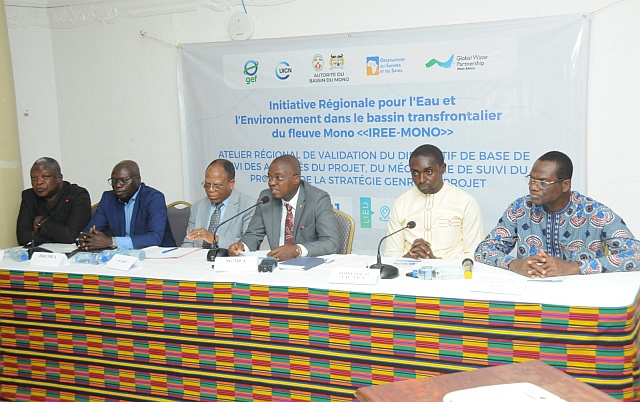
Mr. Gninpale KONLANI, Director of Water Resources of Togo, emphasized the RIWE-Mono project as the first concrete implementation of the Mono River Convention, calling for strengthened and inclusive transboundary cooperation.
Mr. Awo TCHANGANI, Prefect of Haho and President of the Mono Basin Committee in Togo, reaffirmed his support for the initiative and praised stakeholder mobilization.
Mr. Dadja GNAKPAOU, Executive Director of MBA, highlighted the ecological and socio-economic challenges of the Mono Basin and stressed the need for robust tools to support integrated and resilient governance.
Mr. Armel MEWOUTH, Regional Water Focal Point at IUCN, recalled that the project’s first year produced around thirty baseline studies, with the validated deliverables forming strategic pillars.
Mr. Yawo E. ZEGUE, representing the Minister, commended the commitment of partners and local actors, noting that the validation of these documents lays the foundation for rigorous, gender-sensitive implementation aligned with the Sustainable Development Goals (SDGs).
Toward Inclusive and Equitable Governance
The workshop enabled participants to:
- Share results from field data collection
- Review monitoring and evaluation tools and indicators
- Enrich the Gender Strategy to better address gender equality
- Gather stakeholder input to enhance the quality and relevance of the documents
The Gender Strategy for the Mono Basin (2025–2030) is envisioned as a forward-looking framework that ensures equitable participation of women, youth, and vulnerable groups in water and environmental governance.
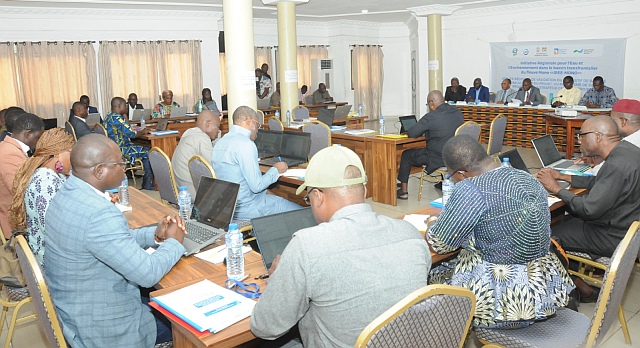 Strong Regional Commitment
Strong Regional Commitment
The workshop brought together representatives from sectoral ministries, local governments, civil society organizations, the private sector, and academia. This diversity reflects a shared commitment to building collaborative governance based on dialogue, transparency, and social justice.
In conclusion, this regional workshop marks a decisive step in the implementation of the RIWA-Mono project. It embodies the commitment of Mono River riparian states to jointly build a sustainable future for basin communities, supported by strategic tools that are inclusive and grounded in local realities.
